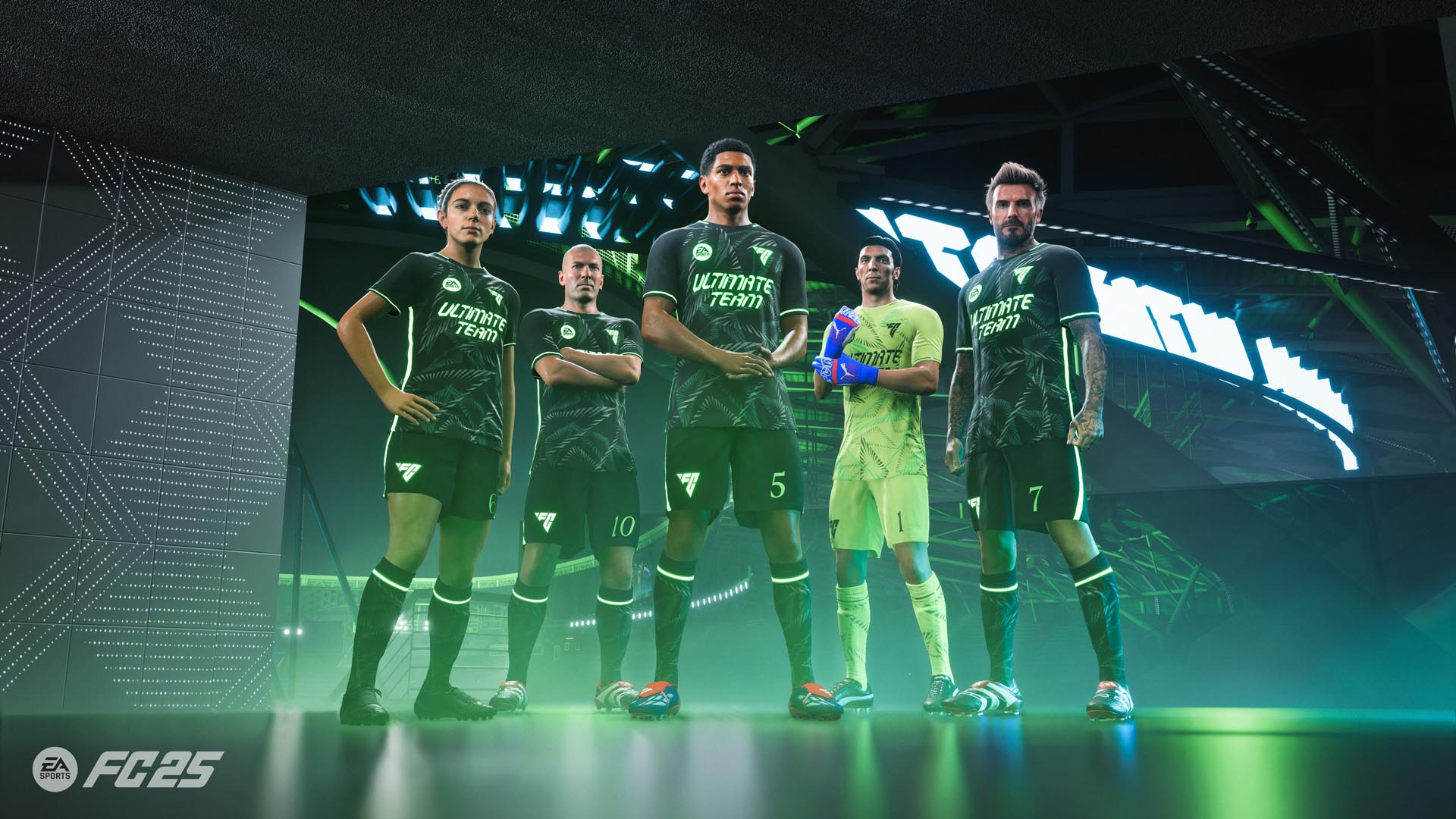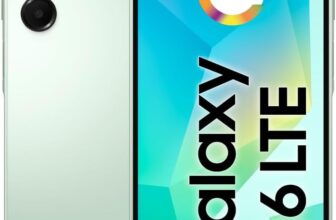
Many of these are ideas that have been suggested for how to change the real-life game, and it’s fascinating to have them included in a practical way here. The thing is, it was more a case of life imitating art:
“We actually started developing Rush before those real-life rule changes were even suggested,” says Breno. “We even joked that people might think we were inspired by that real-life orange card experiment, when in fact we had already implemented the blue card way before their idea was floated around. Each rule change had specific design reasons.
“For example, the blue card is a substitute for the red card because losing a player for the whole match would be too disruptive and harsh on the teammates. So, we introduced a temporary timeout, similar to what you see in other sports, to keep things balanced and engaging. As for penalties, we wanted to keep everyone involved in the action. Opponents have a chance to intervene, and teammates can join in the goal-scoring opportunity if they want. Our aim was to create a penalty kick approach that engages more than just the two traditionally involved parties. So yes, we’re open to exploring and playtesting any rules that enhance the experience as long as that means not straying too far from the essence of real-life football.”
Inspiration hasn’t just come from football itself, though. In multiplayer, there’s a Ping system, allowing players to signal to their teammates where they intend to move – something inspired by non-sports games. “We’re always on the lookout for inspiration beyond the sports genre,” says Danillo. “Innovation starts with research, and that’s exactly what we did. We took cues from our experiences with other EA games like Apex Legends to create a ping system that fits right into Rush. With Rush being so fast-paced, where things can change in an instant, the ping system had to be snappier and simpler than what you’ll find in other games.”
Rush isn’t just a social-focused mode, however – it’s been built into the experience across FC 25. You can play it in regular Kick-Off, of course, but it’s also available as a Clubs mode, an Ultimate Team variant and, perhaps most interestingly, it’s even built into Career mode. In Career, your youth team has typically been presented as a simple menu of prospects – but in this year’s game you can go hands-on with your potential stars of the future in Rush matches.
Many of these are ideas that have been suggested for how to change the real-life game, and it’s fascinating to have them included in a practical way here. The thing is, it was more a case of life imitating art:
“We actually started developing Rush before those real-life rule changes were even suggested,” says Breno. “We even joked that people might think we were inspired by that real-life orange card experiment, when in fact we had already implemented the blue card way before their idea was floated around. Each rule change had specific design reasons.
“For example, the blue card is a substitute for the red card because losing a player for the whole match would be too disruptive and harsh on the teammates. So, we introduced a temporary timeout, similar to what you see in other sports, to keep things balanced and engaging. As for penalties, we wanted to keep everyone involved in the action. Opponents have a chance to intervene, and teammates can join in the goal-scoring opportunity if they want. Our aim was to create a penalty kick approach that engages more than just the two traditionally involved parties. So yes, we’re open to exploring and playtesting any rules that enhance the experience as long as that means not straying too far from the essence of real-life football.”
Inspiration hasn’t just come from football itself, though. In multiplayer, there’s a Ping system, allowing players to signal to their teammates where they intend to move – something inspired by non-sports games. “We’re always on the lookout for inspiration beyond the sports genre,” says Danillo. “Innovation starts with research, and that’s exactly what we did. We took cues from our experiences with other EA games like Apex Legends to create a ping system that fits right into Rush. With Rush being so fast-paced, where things can change in an instant, the ping system had to be snappier and simpler than what you’ll find in other games.”
Rush isn’t just a social-focused mode, however – it’s been built into the experience across FC 25. You can play it in regular Kick-Off, of course, but it’s also available as a Clubs mode, an Ultimate Team variant and, perhaps most interestingly, it’s even built into Career mode. In Career, your youth team has typically been presented as a simple menu of prospects – but in this year’s game you can go hands-on with your potential stars of the future in Rush matches.






